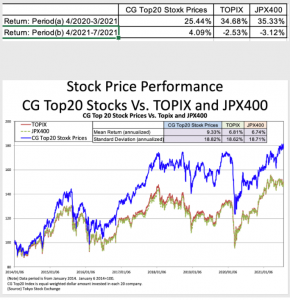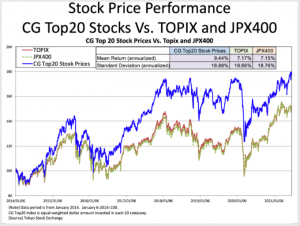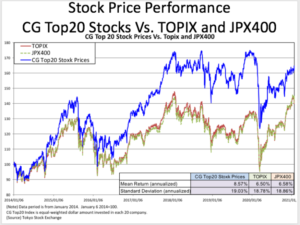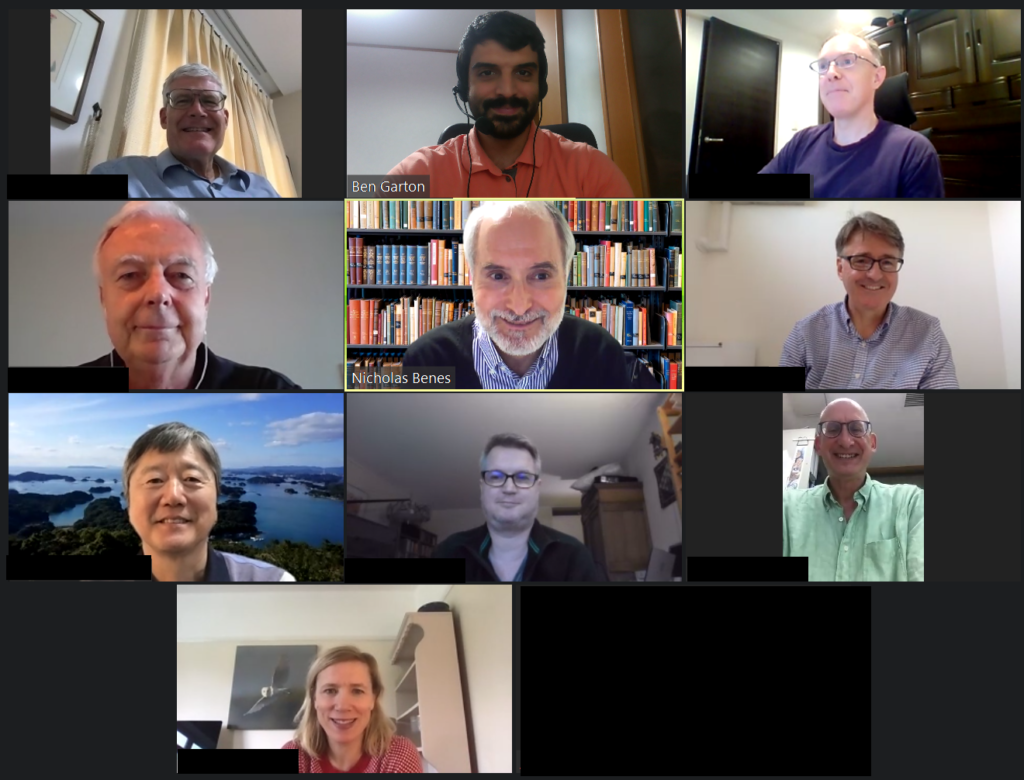
The topic of this year’s annual shareholders’ meeting was Toshiba again. As many of you may have heard, an external report revealed that “Toshiba and the Ministry of Economy, Trade and Industry worked together to exert undue pressure on some of its shareholders over a personnel proposal by its largest shareholder, Effissimo Capital Management, which was rejected at the annual shareholders’ meeting last June. This led to the replacement of the proposal for the election of directors (proposed by the company) at the annual shareholders’ meeting, and the reappointment of the director who chairs the board of directors was rejected at the shareholders’ meeting. In the wake of the accounting scandal that broke in 2015, it was thought that Toshiba had revamped its governance structure, with 10 of its 11 directors now independent outside directors and the transition to a company with a nominating committee, but the scandal has struck again. In January this year, Toshiba IT Services, a subsidiary of Toshiba Corporation, was found to have window-dressed its accounts with fictitious transactions. In addition to Toshiba, Nissan Motor, Mitsubishi Motors, and other companies have been repeatedly involved in scandals in the past, hiding recalls and cheating on inspection data. Why are the scandals repeated?
Companies that have been involved in scandals often set up independent or internal investigation committees to investigate the scandal, and then report the findings to the relevant authorities so that they can be used to improve the situation in the future. Why are scandals repeated without being applied to future improvements? There is not much research on this subject (perhaps because there are few companies outside of Japan that cause repeated scandals?) I found the concept of “Groupthink” by Janis, Irving, Groupthink: Psychological Studies of Policy Decisions and Fiascoes, 2nd edition (Boston: Houghton Mifflin Company, 1982) helpful. Groupthink is the tendency to act in a way that maintains group cohesion and comfort rather than making calm and objective judgments, resulting in poor quality solutions and objectively strange decisions. Groupthink is more likely to occur under the following circumstances: (1) the group is highly cohesive and isolated from the outside world, (2) there is no checking of opinions or provision of information in the process of considering a case, (3) there is a strong leader or influential person, and (4) there is excessive control, lack of time, and few clues. In Japanese society, where group cohesion is often prioritized over individual opinions and where peer pressure is strong, people tend to fall into the “Groupthink” described above, and as a result, I assume that it is not uncommon for objectively strange judgments and decisions to be made.
However, as mentioned above, Toshiba has reformed its governance system and now all but one member o









